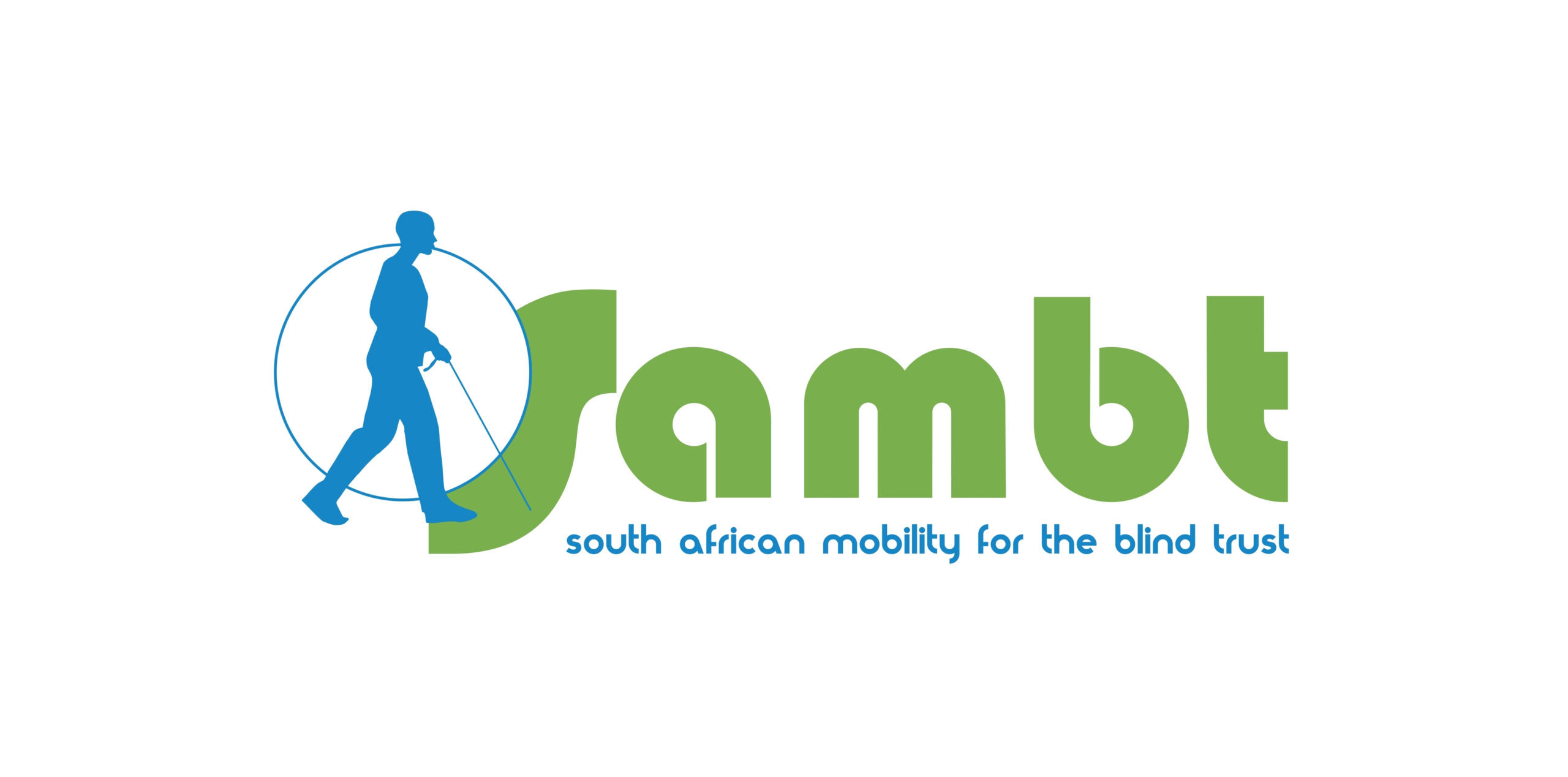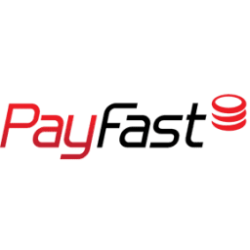What is Orientation and Mobility Training?
Orientation and Mobility (O&M) teaches white cane techniques and orientation skills. This makes it possible for blind people to get about freely and independently without the assistance of sighted people. O&M training is the key for day-to-day well being of blind people; and promotes social and economic integration. The benefits are not only practical but also emotional and psychological.
Activities of Daily Living (ADL) is part of orientation and mobility training. It teaches ways to carry out common daily tasks including cooking, using a telephone, using an auto bank, recognising coins and banknotes, etc.
What is the Situation in South Africa?
There are over one million blind and partially sighted people in South Africa. The majority of these blind people do not have any access to any orientation and mobility training. The main reason for this is the serious shortage of qualified O&M trainers. There are about 50 professional practitioners working in South Africa. If you consider that one practitioner can train about 50 people in one year, it is clear that the need is desperate.
In addition, only 5 of the 23 schools for the blind have Orientation and Mobility trainers on staff.
Who is South African Mobility for the Blind Trust (SAMBT)?
SAMBT has trained nearly 5,000 blind and partially sighted people since inception in 1998.
We have a radical outreach approach, running programmes in areas that are under-served or not served at all.
We think of ourselves a bit like O&M without borders. Apart from our community based programmes which are implemented in rural areas and townships, we also train at schools for the blind and at Colleges that specifically cater for blind students.
We run about 20 training programmes a year, training about 12 blind people per programme. Our O&M trainers are deployed at local level for a period of three months to work intensively on a one on one basis with trainees. Trainers live in the communities where they are conducting training.
SAMBT includes families and caregivers of blind trainees in its programmes and they are encouraged to support the blind person in the learning and continued use of their independence skills. The benefit for the family is that they are freed from having to provide the extra care for their blind family member.
SAMBT finds that its community based model stimulates interest and raises awareness around abilities and potential of blind people.
SAMBT provides all our clients with white canes, and other assistive devices for the blind. We do not charge our clients for either the training or assistive devices as appropriate.
SAMBT practitioners are able to provide an Early Childhood Intervention service. This includes training and guiding parents and caregivers on how to stimulate the normal development of their blind child; ensuring that other professionals such as social workers and occupational therapists are involved; advising and assisting with schooling issues; etc. Parents of blind pre-school children are helped with and given new hope for their child’s future.
We also provide clients with basic counselling and referrals to other professionals, institutions or services.
SAMBT has in the past sponsored the training of O&M practitioners at the College of Orientation and Mobility and employed them on qualifying.
How is SAMBT Governed and Managed?
SAMBT has nine trustees with skills relevant to the running of the organisation. The trustees are representative in terms of race, gender and visual impairment. The Managing Trustee (herself a blind person) is responsible for overseeing the day-to-day running of the organisation, advocacy and fundraising. The General Manager runs the day to day finances and logistics of the organisation. The Monitoring and Evaluation of all training as well as well supervision of practitioners is done by an expert O&M practitioner.
Partnerships
SAMBT has several long term partnerships, the Gauteng Department of Health, several corporates, the National Lotteries Commission and various trusts and foundations. It is thanks to them, that we are able to train blind people across South Africa: blind people who otherwise would have no access to independence training.
SAMBT is always looking for new partners. Partners can support a single training programme or several programmes, help with the purchasing of assistive devices or fund the training of one individual child attending a school for the blind or the training of one blind adult.
If you require any other information feel free to mail us on: info@sambt.org.za
Your personal details will be held in confidence and not shared without your written permission.

